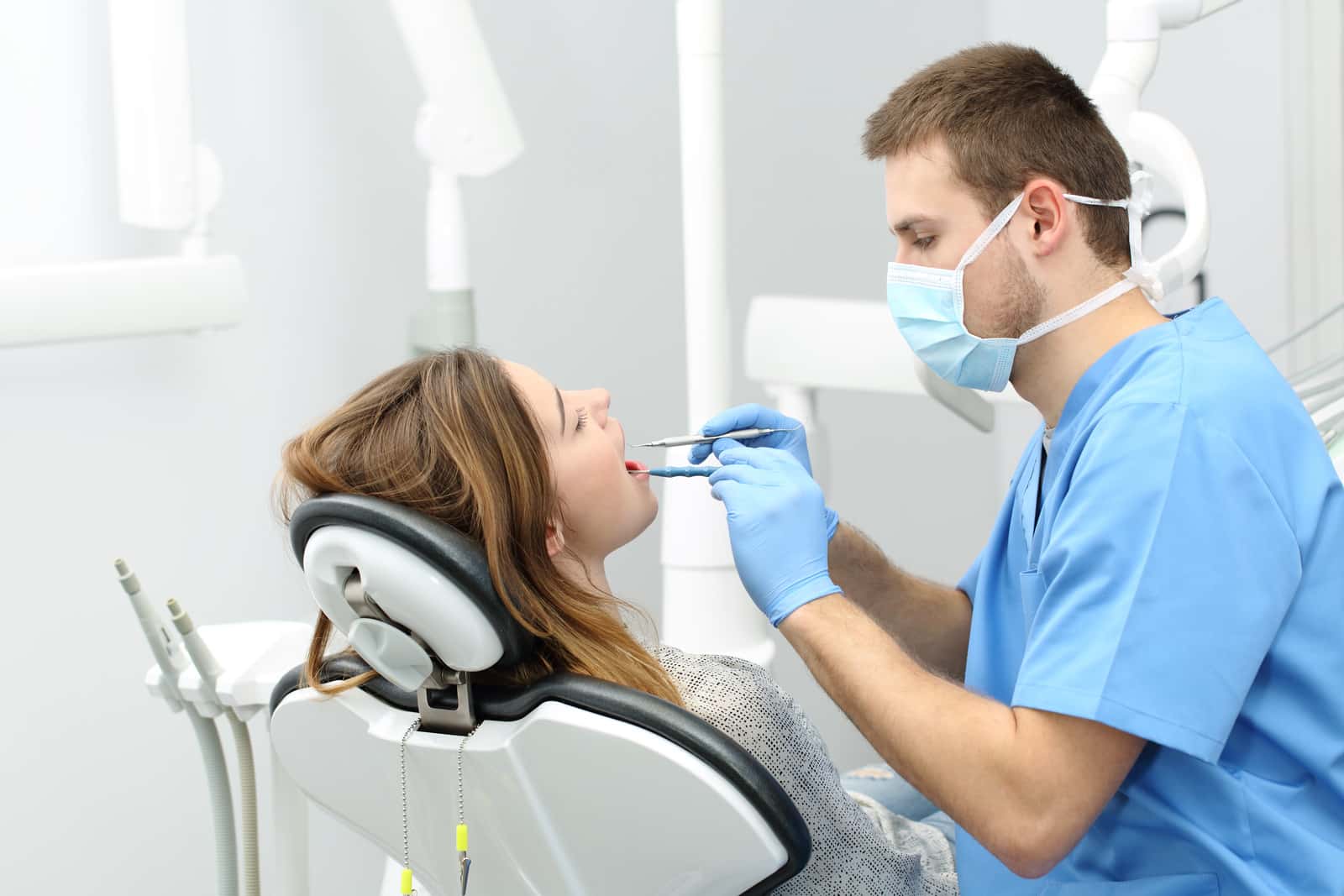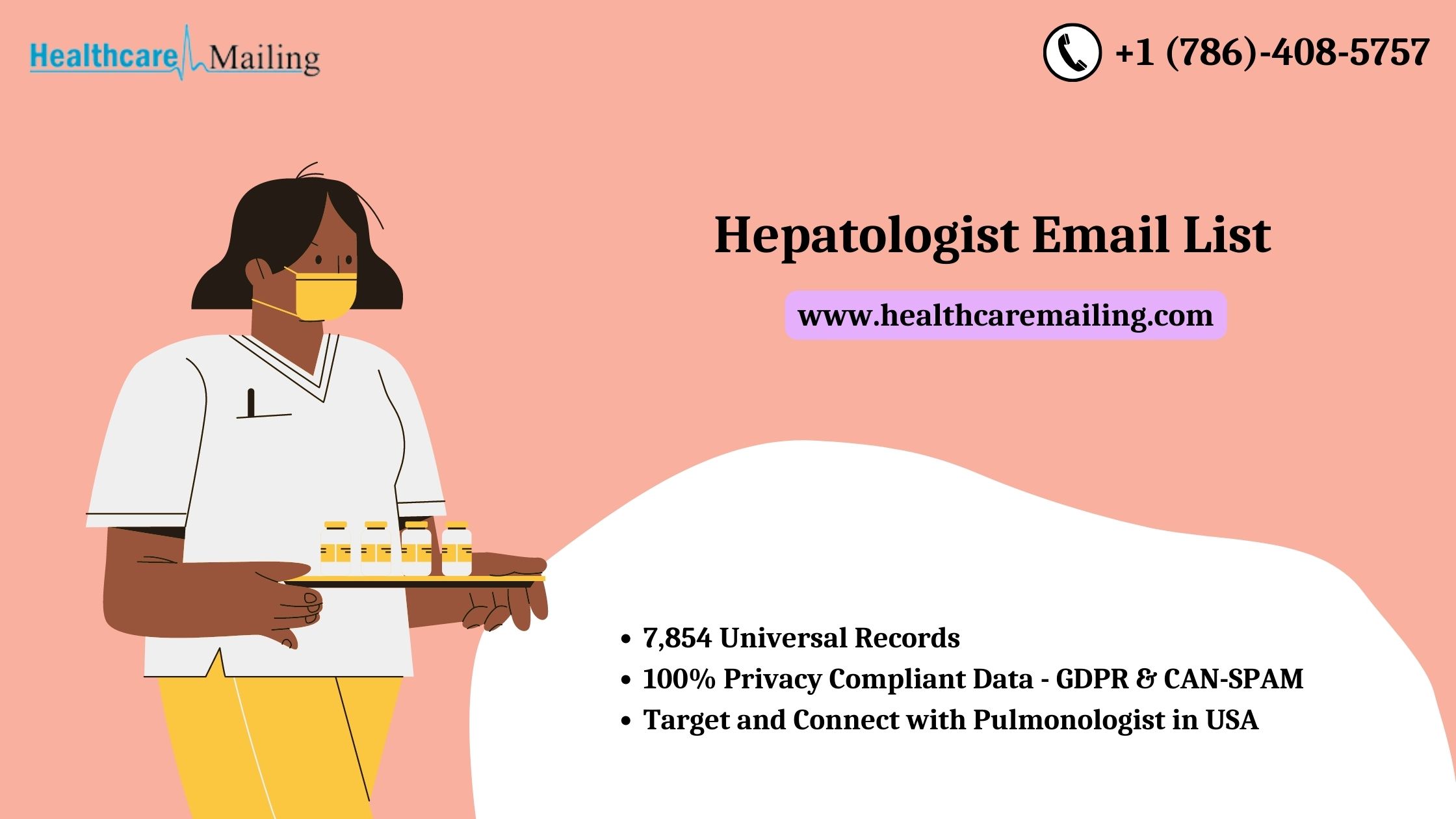Dental professionals are humans and they also apply the things they teach. Here is a list of tips for oral hygiene used by expert dentists that result in healthy teeth and gums if you implement the tips.
Create your brushing technique.
It’s not about the number of times you brush, but rather how you brush. Most people brush randomly – focusing on only the visible areas of their teeth. It shouldn’t be this way. Be sure to brush the teeth close to the tongue. A second important aspect is that it’s near the gum. Yes, bacteria may hide there and create plaque. These are the areas to look for while brushing. Be sure to brush thoroughly, and do not leave any space unfinished.
Rules aren’t always important.
According to research, a healthful brushing routine can yield the most effective results when practiced at least twice per day for a period of 2 minutes. However, if you have to brush at least three times be sure to do so, especially when food particles are trapped within your tooth.
Do you have a habit of brushing your teeth following meals? Make sure to brush at least an hour after you eat especially if you’ve eaten food that contains acids. The act of brushing right away will accelerate the wear of your enamel through the acid attack. This is due to the fact that acid erodes the enamel of your teeth. Try to clean your teeth prior to you go to bed – saliva production is lower during sleep which means that bacteria could be a threat to gums and teeth. This plaque and bacteria need to be removed as fast as you can.
Frequently floss
Brushing properly cleans 3 of five surfaces that the tooth is covered with. The remaining two surfaces can only be cleaned through flossing. The tooth is susceptible to bacteria that could cause dental issues if flossing is not performed.
Flossing is recommended every day before brushing. To stop the floss from sliding off, use a good portion and place it on your teeth in an arc. Move the floss gently upwards and downwards between your gum and tooth to eliminate plaque. Repeat the process on the opposite side of your tooth. Then, move towards the tooth next to the floss. To make it easier, switch the floss’s fingers while you go through the up, downward, left, and right motions.
You can brush your teeth at any time. But, flossing in the evening is sensible since it gets rid of the food particles that have accumulated throughout the day.
Employ dental brushes between teeth.
This can be useful if you’re utilizing dental restorations such as crowns braces, implants, or crowns because it’s not possible to floss as usual. Another alternative is to use a water flosser such as the one from Spotlight. It eliminates bacteria from your gums and teeth by applying pressure to the gums and using different vibratory movements.
Use caution when bleaching your teeth.
Changes in age can affect teeth. It is mostly due to the food and beverages we consume that cause staining and discolor teeth. Colored drinks and food items like tea, coffee, and tomato sauce can cause stains on your teeth and should be avoided if your goal is sparkling teeth. It is possible to opt for whitening toothpaste however be cautious. Regular whitening toothpaste can remove staining off the teeth’s surface but over time, they will erode the enamel, leading to tooth discoloration.
If you require teeth bleaching,please get it from a professional dentist. The procedure is effective for bleaching your teeth and improving your smile. It’s considered to be unlawful for anyone who isn’t a dental professional to provide dental bleaching.
Reduce back on your snacks.
Tooth decay is usually triggered due to regular snacking, as per certain studies. Indulging in snacks every day can expose your teeth to acid. The saliva effect can cleanse your teeth and lessen the acid effects however, eating a lot of snacks can suffocate the saliva effect and cause decay and cavities.
Be sure to use mouthwash responsibly.
Do not think that since you are using mouthwash there is no need to floss or brush no more. The chemical solution isn’t beneficial against plaque. The mouthwash should be used following lunch when there is less need to brush. Make sure to use the non-alcoholic fluoride toothpaste.
Do not use mouthwash immediately after you’ve cleaned your teeth – it’ll eliminate the full quantity of fluoride that is deposited through your toothpaste. Pay attention to the type of mouthwash you are using since some brands don’t last and may cause staining to your teeth. Follow the directions on the label.
Select an electric toothbrush.
Electric toothbrushes have greater power for brushing than manual ones, particularly a sonic one. When using an electric toothbrush, the number of brush strokes per minute could vary from 2,500 to 7000. A sonic toothbrush can provide 30,000 strokes in 60 seconds.
A built-in timer has been integrated inside a high-quality electric toothbrush that can provide the best timing and pressure for brushing. Choose an electric toothbrush that has these features if you love the effectiveness. If you use a manual toothbrush you are likely to find that you use too much or not enough pressure while brushing your teeth. Although excessive pressure from your toothbrush can cause gum recession, less pressure is not effective in removing bacteria.
Make sure your teeth are safe from sensitive ones
The sensitivity of teeth can be triggered by several causes such as fillings, receding gums teeth grinding, and an abrasion. Talk to your dentist about the root cause of your tooth sensitivities if you’re suffering from it.
Patients who have sensitive teeth shouldn’t scrub their gums since it could expose the dentine, the trigger for sensitization. Avoid quick fixes to teeth sensitiveness. Instead, opt for specifically designed toothpaste that is formulated for sensitive teeth since they’re more effective when you usage over time.
Exercise caution when eating.
The sugars in food trigger plaque, which produces acids that can erode enamel, which can lead to decay. Take sugar-coated foods as treats that should be consumed right after eating to prevent tooth decay from occurring. low levels. Sticky foods are bad for your dental health because they provide an environment that allows bacteria to thrive.
There is a lot of sugar in dried fruits, even though they’re healthy snacks. Make sure you read the label on the package. The acidity of drinks like fizzy drinks can cause damage to the tooth enamel, so keep an eye out for them too. If you chew on gum after eating, it’ll produce greater saliva levels in the mouth. Saliva is a vital fluid to helps harden teeth and mineralization.








